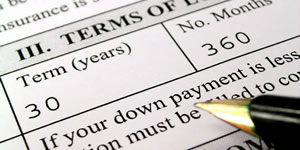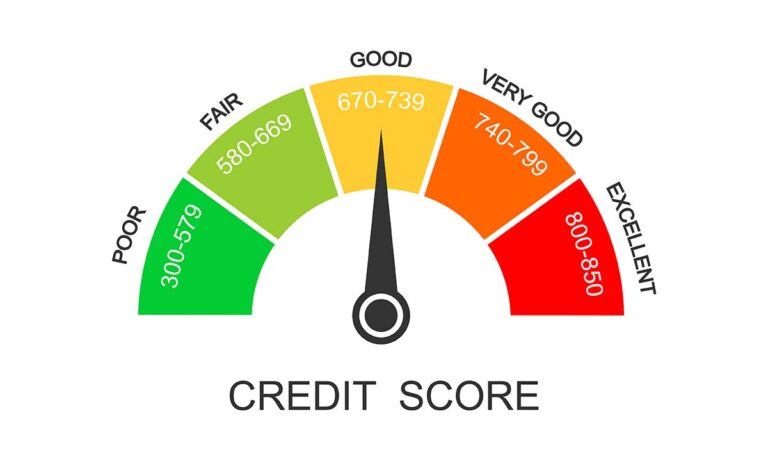Facing a Foreclosure? Consider a Short Sale
Lona Hamilton had been struggling to make her mortgage payments for the last year and a half. She had used up all her savings, borrowed from friends and family, and now wondered if she shouldn’t consider putting up her home in a “short sale.” Her brother, who is a lawyer, advises it, but she loves her small home, and hesitates to make a move. Faced with an imminent foreclosure proceeding, Lona decided to call her lender and tell them she is ready to accept a short sale.
Before Lona makes this final decision, she should realize there are several criteria which must be met in order to qualify for a short sale.
What is a Short Sale?
A short sale occurs when a borrower owes more on his property than the value of the property is worth. In this type of sale, the lender allows a Buyer to purchase the property for less than the existing mortgage balance. For example, the existing mortgage on your property is $250,000.00 yet the value of your home or condominium is now $115,000.00. This is also referred to as an “upside down mortgage.”
Why chose a Short Sale?
You may want to consider a short sale in order to avoid a foreclosure action. A foreclosure on your property is a drastic action and one which will negatively impact your credit history for up to 10 years. A short sale, on the other hand, will appear on your credit report as Paid in Full for Less Than Agreed or Pre foreclosure in Redemption which will impact your credit score for generally up to only 2 to 3 years time.
How does the process work?
The Seller (You) lists the home with a real estate agent as a Short Sale property. The agent finds a Buyer who makes an offer for less than the amount of the mortgage. You accept the Buyer’s purchase offer and submit the offer to your lender. If the lender accepts the sale, the transaction will close when the Buyer delivers the funds to the lender. The lender then releases its lien (claim) on the property and delivers a deed to the Buyer.
Will you Qualify for a Short Sale?
The lender will require you to submit a letter of hardship which explains why you are not able to pay the difference between the short sale amount and the mortgage balance due. The statement must include the reason why you have stopped making the monthly mortgage payment, or why you will be stopping in the near future.
Examples of hardship are:
- Unemployment
- Divorce
- Medical Emergency/sudden illness
- Bankruptcy
- Death
The lender will generally ask to see a copy of your tax return and /or a financial statement. If the lender discovers you have other assets, such as cash in a savings account, other real estate you own, or stocks, bonds or IRA accounts, the lender may deny the short sale request.
In some instances, a Seller with assets may still be granted a short sale but could be required to pay back the shortfall amount between the Short
Sale and the mortgage balance outstanding.
Will you receive any Money Back at the Closing?
No, since because a short sale allows you to sell your home for less than the loan amount, you would not receive any money back at closing.
What are the Tax Consequences of a Short Sale?
If the lender agrees to the Short Sale, the lender may have the right to issue you a 1099 for the shorted difference, due to a provision in the IRS code about debt forgiveness. Many situations are exempt from debt forgiveness, according to the Mortgage Forgiveness Debt Relief Act of 2007. If you owe a debt to someone else and they cancel or forgive that debt, the canceled amount may be taxable.
More information, including detailed examples can be found in IRS Publication 4681, Canceled Debts, Foreclosures, Repossessions, and Abandonments. Qualified principal residence indebtedness can be excluded from income for discharges before January 1, 2026.





